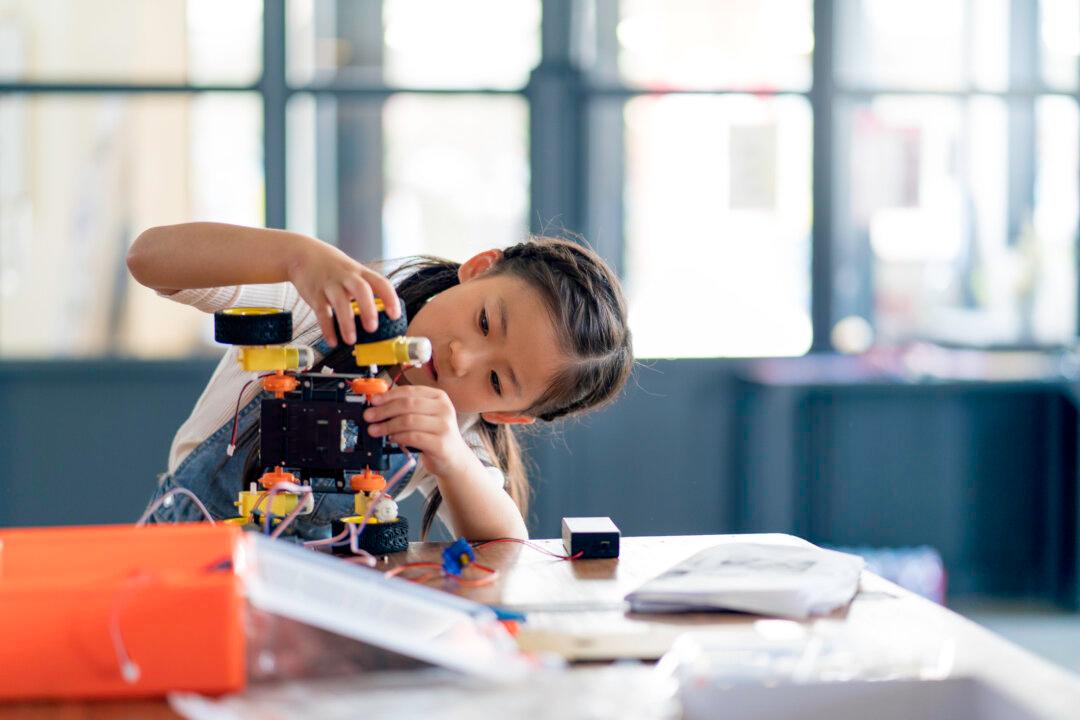If you’ve recently jumped ship on the school system and are tiptoeing your way into the sea of the homeschooling lifestyle, welcome! You certainly aren’t alone. More and more parents are seeing what you’ve seen and sensing that call from within to take matters into their own hands.
It took bravery and faith to get to this point.






